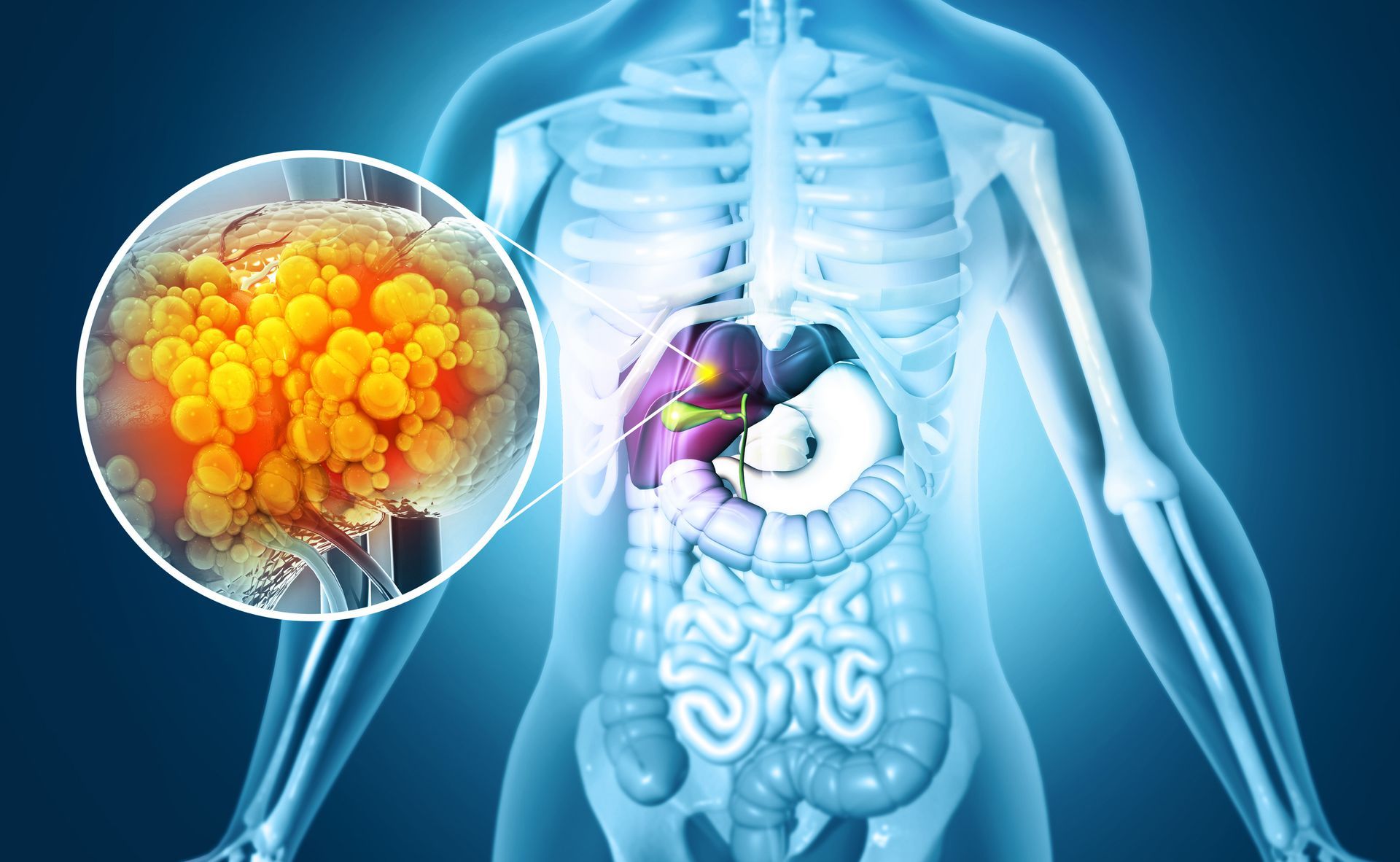4 Possible Causes of IBS
Irritable bowel syndrome (IBS) is a common disorder affecting the large intestine. It affects an estimated 10 to 15 percent of the population worldwide. However, despite how prevalent the condition may be, it can vary widely from one patient to the next. Symptoms can range from bloating and gas to cramping and diarrhea. These symptoms may be mild for some and severe for other. Furthermore, the underlying cause of the condition can also differ for each sufferer. While not all potential causes are understood, researchers have identified several factors that can contribute, including the following.
IBS and Intestinal Muscle Contractions
With IBS can come changes in the usually rhythmic contraction of muscles within the intestinal walls. These contractions are designed to keep digestion moving at a healthy pace. However, in patients with IBS, this process may move faster or slower than normal, contributing to the commonly observed side effects.
IBS and Bacterial GastroenteritisIBS and Bacterial Gastroenteritis
Bacterial gastroenteritis is a common infection that causes irritation and inflammation of the stomach and intestines. In most patients, the condition resolves over time. However, in others, it can develop into IBS. This is known as post-infection IBS and occurs in anywhere from 4 to 32 percent of patients following bacterial gastroenteritis.
IBS from Food Sensitivity
Food sensitivity or intolerance is commonly seen across the majority of IBS patients. Common culprits include high-carb foods, sugary drinks, caffeine, spicy foods, and alcohol. Most IBS sufferers come to quickly identify any foods that worsen their symptoms. However, there are other food options like prunes or fiber which may actually prove beneficial to consume.
Genetics and IBS
There is still much to explore and understand regarding this connection. However, clinical studies continue to show a potential relationship between the development of IBS and family history for many patients. This connection may be due to inherited factors, shared familial environments, or both.
Regardless of the specific cause of a patient’s IBS, evaluation and treatment from a gastroenterologist is key to keeping the condition under control. Don’t allow painful and upsetting symptoms to impact your quality of life. Instead, contact specialists such as those associated with Digestive Diseases Center to better understand your condition, its causes and treatment options.
CONTACT
850-763-5409
ADDRESSES
4 LOCATIONS
204 E 19th Street, B, Panama City
12216 Panama City Beach Pkwy, D, Panama City Beach
4295 3rd Ave, Marianna
101 Good Morning St., 109B, Port St. Joe
Subscribe to our newsletter:
subscribe to our newsletter
We will get back to you as soon as possible.
Please try again later.



